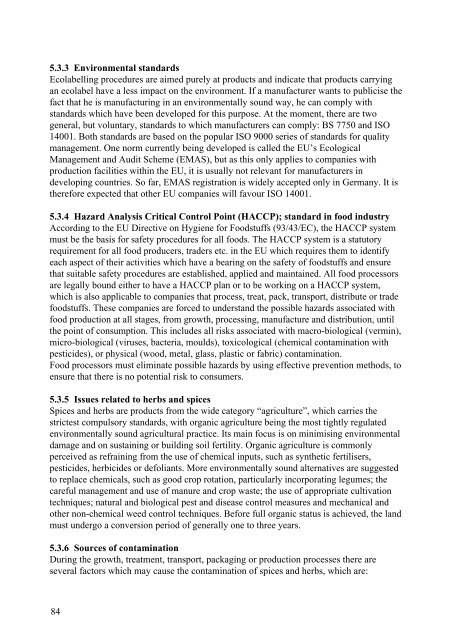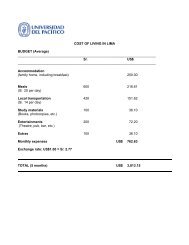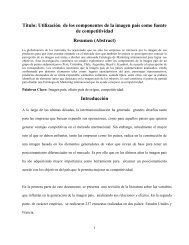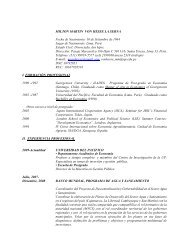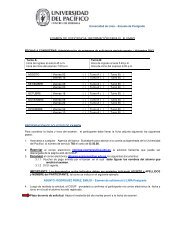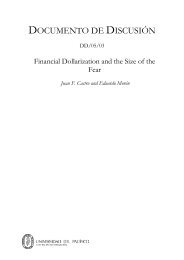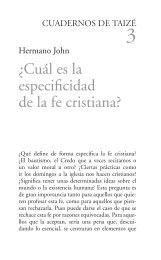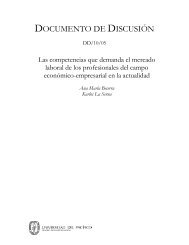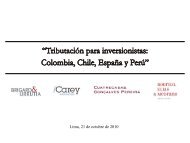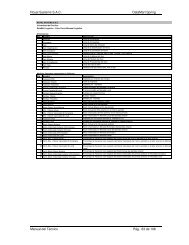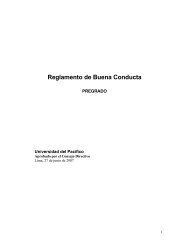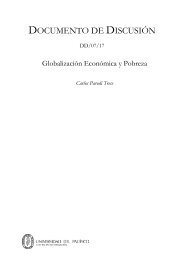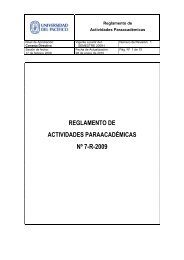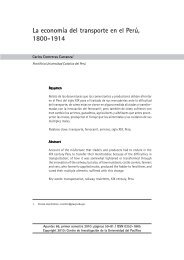You also want an ePaper? Increase the reach of your titles
YUMPU automatically turns print PDFs into web optimized ePapers that Google loves.
5.3.3 Environmental st<strong>and</strong>ards<br />
Ecolabelling procedures are aimed purely at products <strong>and</strong> indicate that products carrying<br />
an ecolabel have a less impact on the environment. If a manufacturer wants to publicise the<br />
fact that he is manufacturing in an environmentally sound way, he can comply with<br />
st<strong>and</strong>ards which have been developed for this purpose. At the moment, there are two<br />
general, but voluntary, st<strong>and</strong>ards to which manufacturers can comply: BS 7750 <strong>and</strong> ISO<br />
14001. Both st<strong>and</strong>ards are based on the popular ISO 9000 series of st<strong>and</strong>ards for quality<br />
management. One norm currently being developed is called the EU’s Ecological<br />
Management <strong>and</strong> Audit Scheme (EMAS), but as this only applies to companies with<br />
production facilities within the EU, it is usually not relevant for manufacturers in<br />
developing countries. So far, EMAS registration is widely accepted only in Germany. It is<br />
therefore expected that other EU companies will favour ISO 14001.<br />
5.3.4 Hazard Analysis Critical Control Point (HACCP); st<strong>and</strong>ard in food industry<br />
According to the EU Directive on Hygiene for Foodstuffs (93/43/EC), the HACCP system<br />
must be the basis for safety procedures for all foods. The HACCP system is a statutory<br />
requirement for all food producers, traders etc. in the EU which requires them to identify<br />
each aspect of their activities which have a bearing on the safety of foodstuffs <strong>and</strong> ensure<br />
that suitable safety procedures are established, applied <strong>and</strong> maintained. All food processors<br />
are legally bound either to have a HACCP plan or to be working on a HACCP system,<br />
which is also applicable to companies that process, treat, pack, transport, distribute or trade<br />
foodstuffs. These companies are forced to underst<strong>and</strong> the possible hazards associated with<br />
food production at all stages, from growth, processing, manufacture <strong>and</strong> distribution, until<br />
the point of consumption. This includes all risks associated with macro-biological (vermin),<br />
micro-biological (viruses, bacteria, moulds), toxicological (chemical contamination with<br />
pesticides), or physical (wood, metal, glass, plastic or fabric) contamination.<br />
Food processors must eliminate possible hazards by using effective prevention methods, to<br />
ensure that there is no potential risk to consumers.<br />
5.3.5 Issues related to herbs <strong>and</strong> spices<br />
<strong>Spices</strong> <strong>and</strong> herbs are products from the wide category “agriculture”, which carries the<br />
strictest compulsory st<strong>and</strong>ards, with organic agriculture being the most tightly regulated<br />
environmentally sound agricultural practice. Its main focus is on minimising environmental<br />
damage <strong>and</strong> on sustaining or building soil fertility. Organic agriculture is commonly<br />
perceived as refraining from the use of chemical inputs, such as synthetic fertilisers,<br />
pesticides, herbicides or defoliants. More environmentally sound alternatives are suggested<br />
to replace chemicals, such as good crop rotation, particularly incorporating legumes; the<br />
careful management <strong>and</strong> use of manure <strong>and</strong> crop waste; the use of appropriate cultivation<br />
techniques; natural <strong>and</strong> biological pest <strong>and</strong> disease control measures <strong>and</strong> mechanical <strong>and</strong><br />
other non-chemical weed control techniques. Before full organic status is achieved, the l<strong>and</strong><br />
must undergo a conversion period of generally one to three years.<br />
5.3.6 Sources of contamination<br />
During the growth, treatment, transport, packaging or production processes there are<br />
several factors which may cause the contamination of spices <strong>and</strong> herbs, which are:<br />
84


